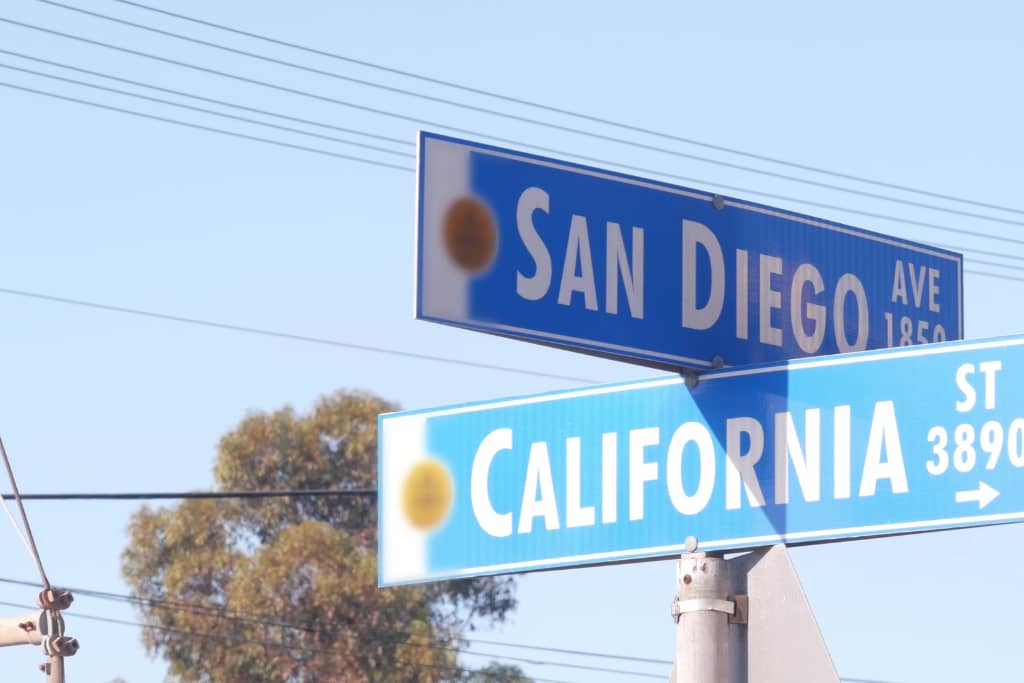You hear it all the time.
“0% down!” “100% Financing!”
But there’s something you’re missing.
“There’s no way I can go from paying $2,500 a month in rent to owning my own home with the same amount of money in my bank account, is there?”
It can’t be that simple can it?
Great question. Yes and no.
Yes, you really can go from renting— paying tens-of-thousands of dollars over the years with nothing to show for it to being the property owner.
And in a hot market like Southern California where some homes are increasing in value by 4, 5 sometimes 10% per year, that’s not a bad situation to be in.
And it is possible without expending very much from your bank account at all.
Of course, there are out-of-pocket costs.
But how about we address them right now.
1. Earnest Money Deposit.
Average amount: Negotiable. (1-3% of offer price is a good rule of thumb)
Who Pays: Buyer
To be clear, this isn’t so much a COST as it is a temporary deposit you make once your offer gets accepted.
2. General Home Inspection
Average cost: $300 – $600
Who Pays: Buyer
A home inspection isn’t a requirement to buying a home, but we’re going to strongly urge you to get one. Just as you would take a used car to a trusted mechanic before opening your wallet, a home inspection is a relatively cheap proactive action to ensure you know as much as possible about the current condition of the home before you commit 100% to the purchase.
Note: While a general home inspection is often sufficient for most buyers, the home inspection may lead to findings that you may want to have investigated further by a specialist. For example, slow-draining water in a shower may lead you to want to have a licensed plumber scope the pipes with a camera to find the cause. This would likely be an additional cost, so be prepared for possibly paying for more inspections on especially older homes.
3. Appraisal
Average cost: $650 (may be more for 2-4 units)
Who Pays: Buyer (some lenders will pick this up for buyers)
The appraisal is a requirement when purchasing a home with financing. The appraisal is important because it provides a neutral and un-biased opinion of value from a 3rd party not associated with the sale.
4. Buyer Closing Costs
Average amount: 2 – 2.5% of sales price
Who Pays: Buyer, seller or lender (or combination)
Closing costs are inevitable costs associated with closing a transaction.
These may include items such as:
-Title & Escrow fees
-Loan costs
-Prorated property taxes
-Recording fees
-Notary fees
-Loan points
-Credit fees
It’s important to note that there are 3 ways to pay for closing costs.
- You, the buyer pays
- You request that the seller pays
- The lender pays, via a lender credit in exchange for a higher interest rate.
In certain markets, you may be able to get by with getting the seller to pay a portion (or all) of your closing costs. However, when buying a property in a hot market with multiple offers (common in San Diego), asking a seller for concessions may not be the best strategy to getting your offer accepted.
You might say “well I’ll just offer them the closing cost credit amount MORE than the asking price.”
Ok, that might work to get your foot in the door. But that leaves potential problems down the road if the appraisal does not come in at that higher purchase price.
In cases like these, utilizing a lender credit is often a great strategy and allows you to have a large portion of your closing costs covered, and still allowing you to submit a strong, clean offer when you find a property you want to buy.
Other (NOT out-of-pocket)
5. VA Funding Fee
Amount: 2.3% of purchase price for first-time use, but VARIES depending on situation.
Who pays: Borrower
See the funding fee chart here: https://rejedi.co/vafundingfees
Just to clarify, the VA Funding Fee is NOT an out-of-pocket cost. The beauty of this fee is that it is added onto the loan and is covered by your financing.
The VA Funding Fee is the only specific cost associated with the VA Loan program. If you are prior service and are receiving monetary disability compensation from the VA, you are EXEMPT from the funding fee!
Why: The VA Funding Fee is what allows the VA to continue to back loans for our military and vets, allowing the 0% down loan program with no mortgage insurance. The purpose of the VA Funding Fee is to compensate for losses on loans that default, without depending on a bailout from the government.




